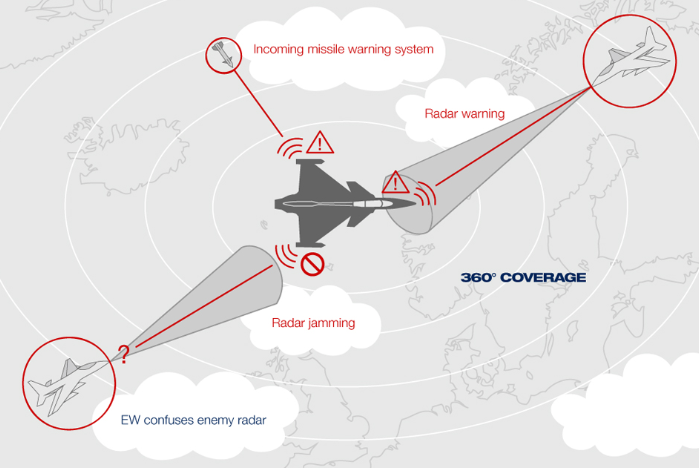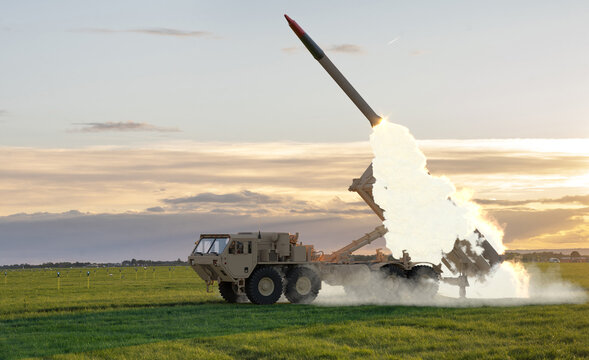The Quiet Greatness: What Truly Defines a Nation’s Success
- TDS News
- Trending
- World News
- October 13, 2024

Image Credit, Frederick Lee
We often hear world leaders proclaim their nation as the greatest on Earth. But what truly defines greatness in a country? Is it its military power or economic strength, or is it the quality of life it provides for its people? The most basic measures of a nation’s success—health care, education, cost of living, safety, and affordable housing—are what really matter. Ironically, the countries excelling in these areas rarely boast about their superiority. Instead, they quietly go about their work, ensuring a better standard of living for their citizens without the need for grandiose declarations.
How can a country claim greatness when millions of its people lack access to health care, affordable housing, and even the most basic necessities? In truly great nations, these things are considered fundamental rights, not privileges for those who can afford them. Walk through the streets of cities in some of these so-called “great” countries, and you’ll see people sleeping on sidewalks, homeless, or struggling with addiction. If a country can’t take care of its own people, how can it declare itself the greatest?
Education is another vital element. In great nations, education is not a burden that leaves students buried in debt for decades. It’s a priority that is accessible to all, without regard to income. Similarly, in countries that truly care for their people, safety is a basic right. Citizens should be able to walk their streets without fear of violence or poverty. But how can a nation be great when so many of its communities are plagued by crime and insecurity, particularly in areas often ignored by those in power?
True greatness isn’t about claims of superiority. It’s about humility. It’s about recognizing where a country falls short and having the will to make improvements. The countries that are truly great acknowledge their flaws and seek to address them, often by looking to others for solutions. This self-awareness is the hallmark of a nation that genuinely prioritizes its people.
Many nations that proclaim their greatness have a long history of oppression, both abroad and within their borders. They’ve built their empires on the suffering of others, starting wars, colonizing nations, and neglecting the needs of their own citizens. A nation that can afford to wage war across the globe but can’t provide for its people is not great—it’s failing. Greatness isn’t measured by military strength or wealth. It’s measured by how well a country cares for its citizens, how secure they feel, and whether they have the opportunities to live decent, fulfilling lives.
It’s time we challenge the notion that greatness is defined by power or dominance. A truly great nation invests in its people. It fights poverty, provides universal health care, ensures access to education, and creates safe, thriving communities. True greatness is quiet, humble, and rooted in the commitment to improve life for every citizen. Nations that boast loudly about their greatness often lack the self-awareness to recognize their shortcomings. True greatness doesn’t need to be declared—it is felt in the everyday lives of the people who benefit from it.
So, the next time a leader proclaims their country to be the greatest on Earth, we should ask: by what measure? True greatness is evident in a country’s ability to care for all its people. It doesn’t need to be shouted from podiums. It’s reflected in the well-being, security, and dignity of its citizens. The countries that are truly great don’t need to say it. Their actions speak for themselves.








